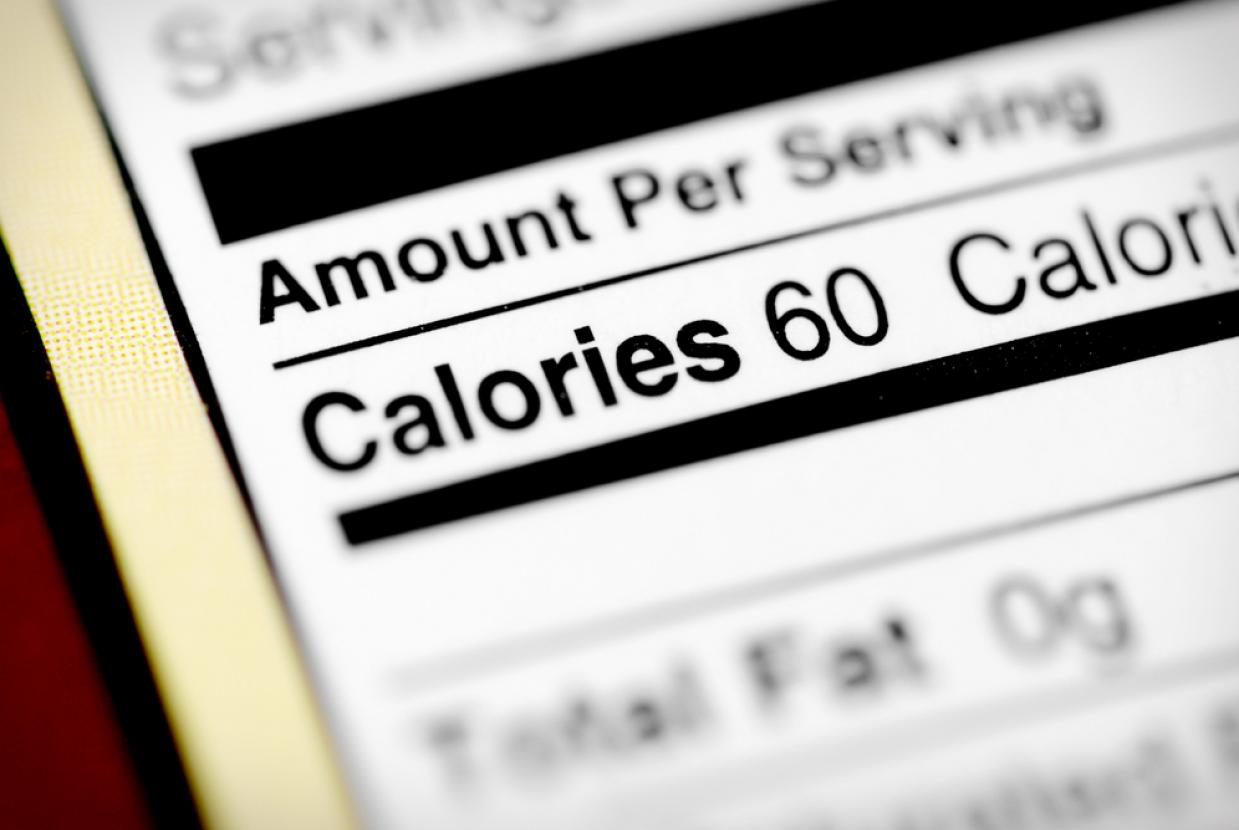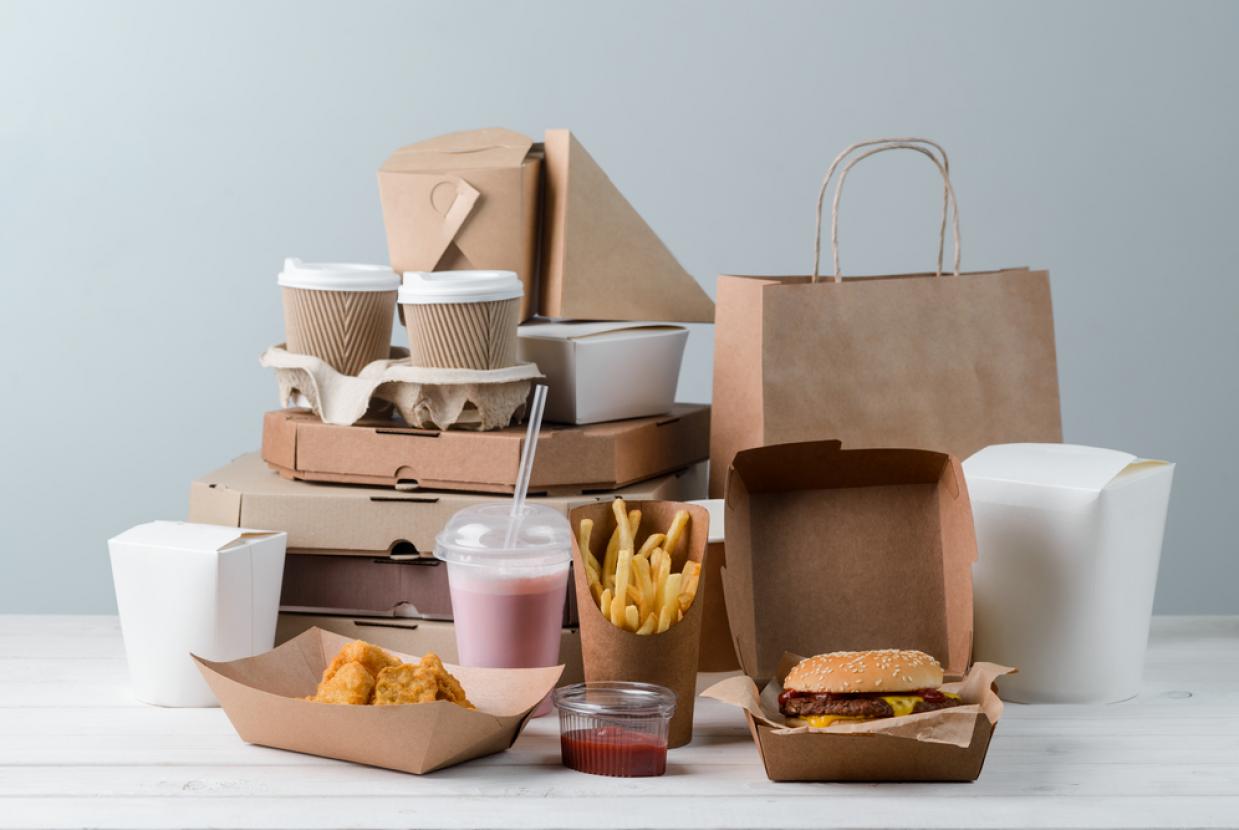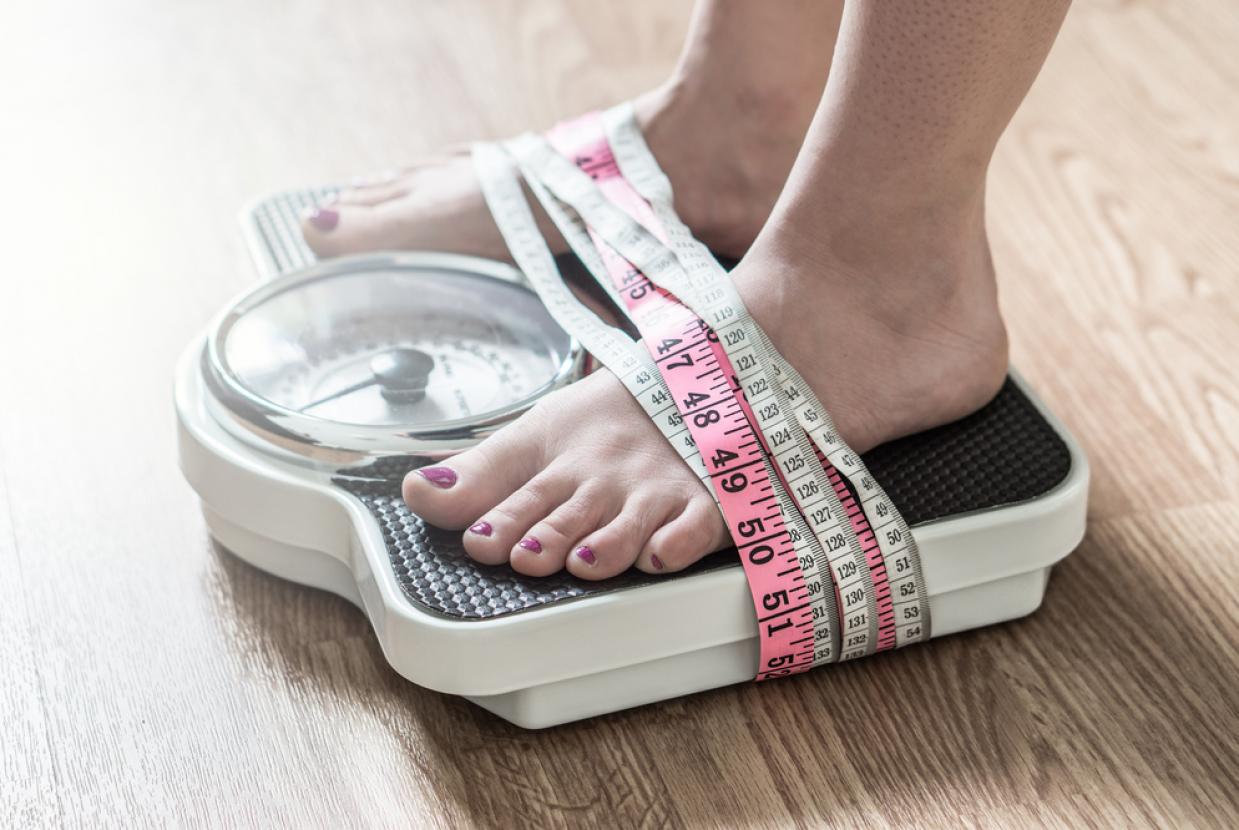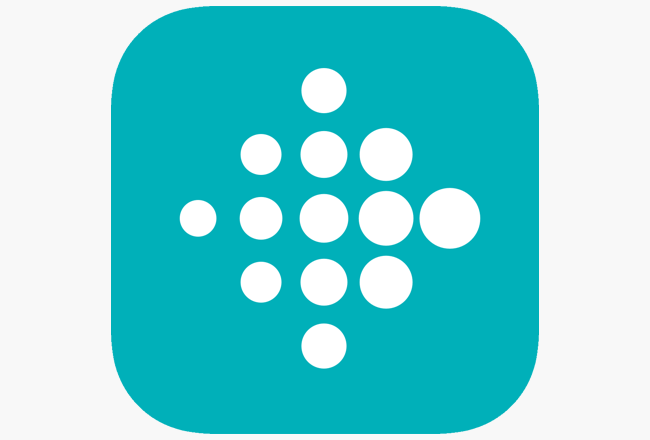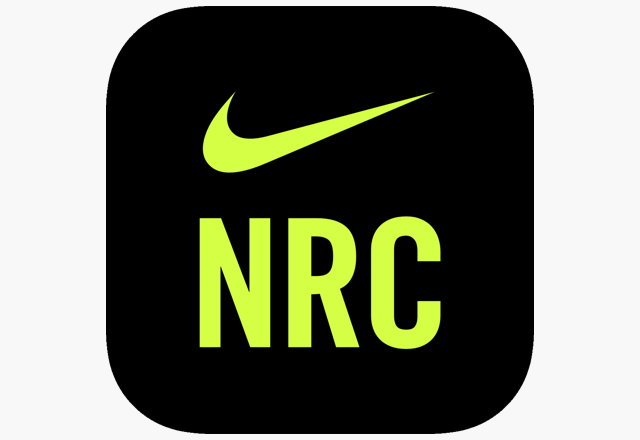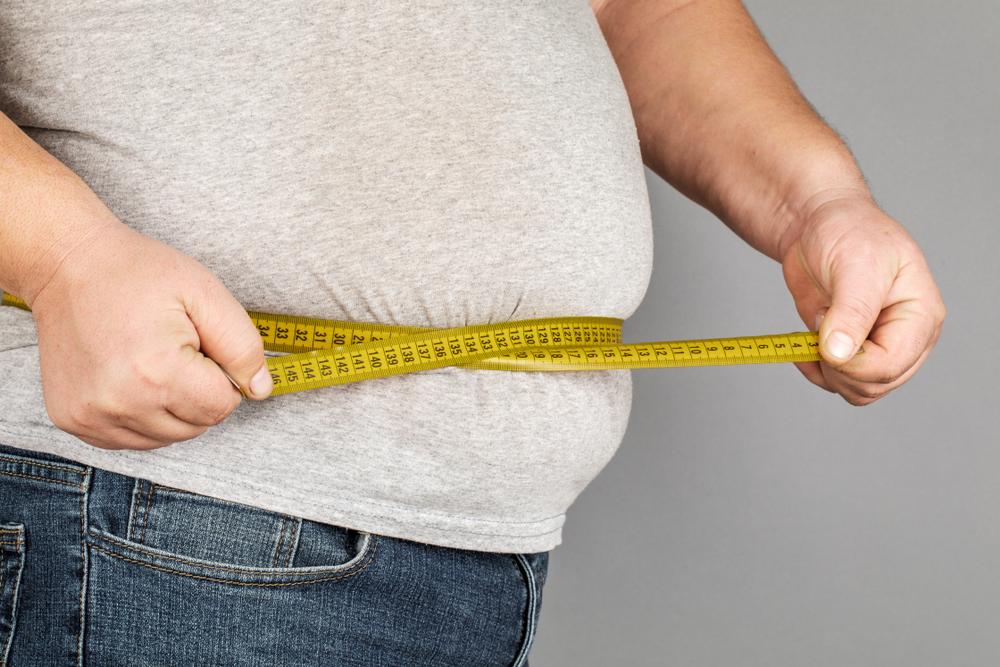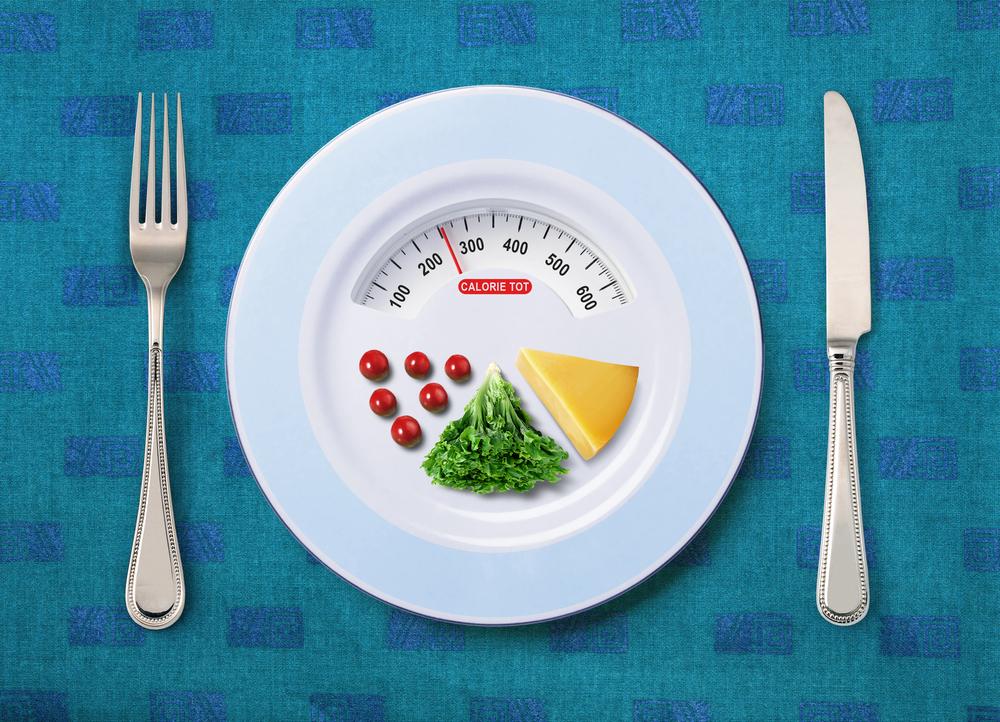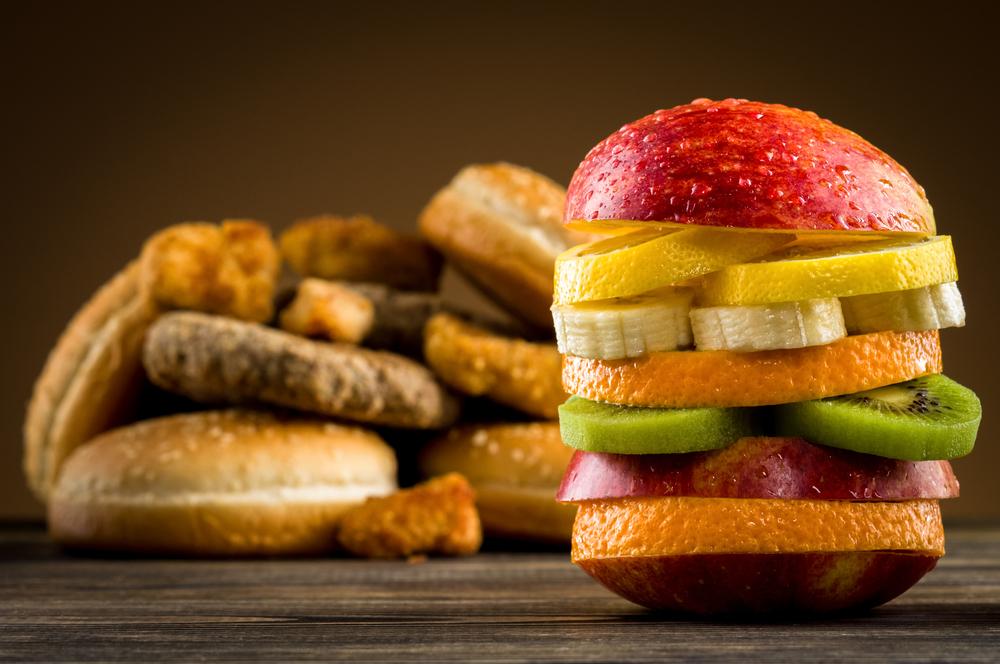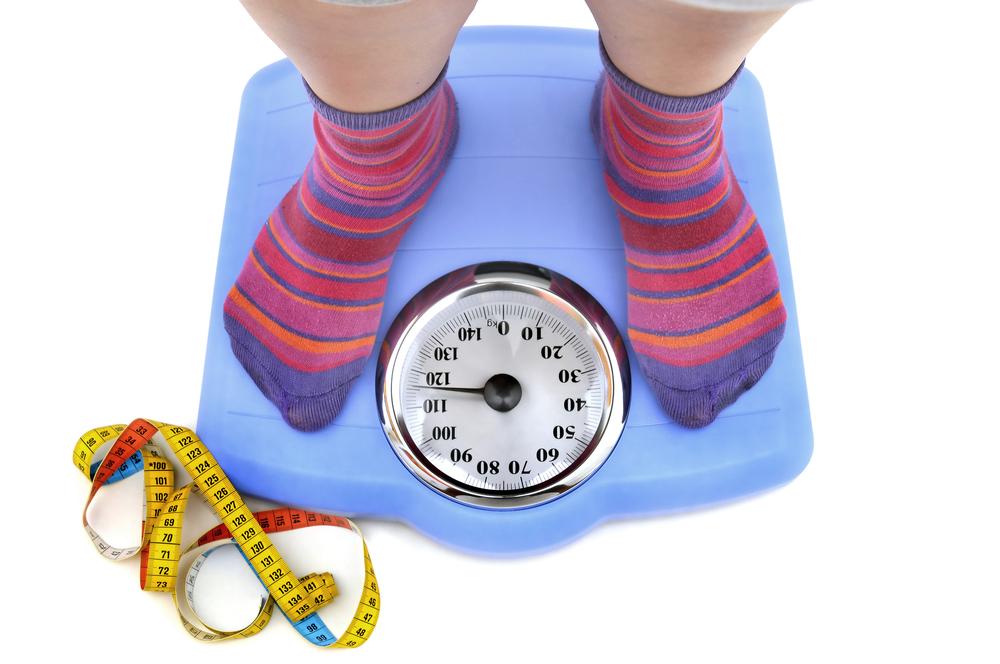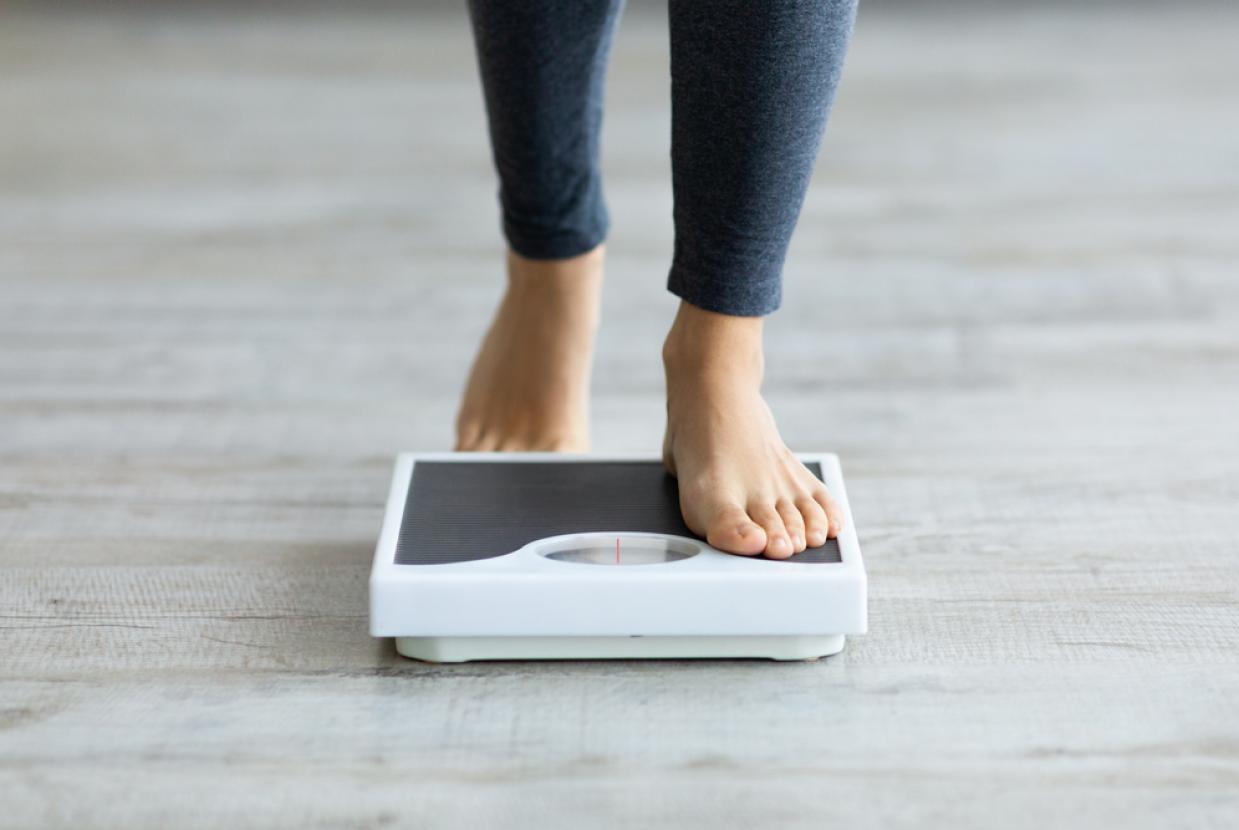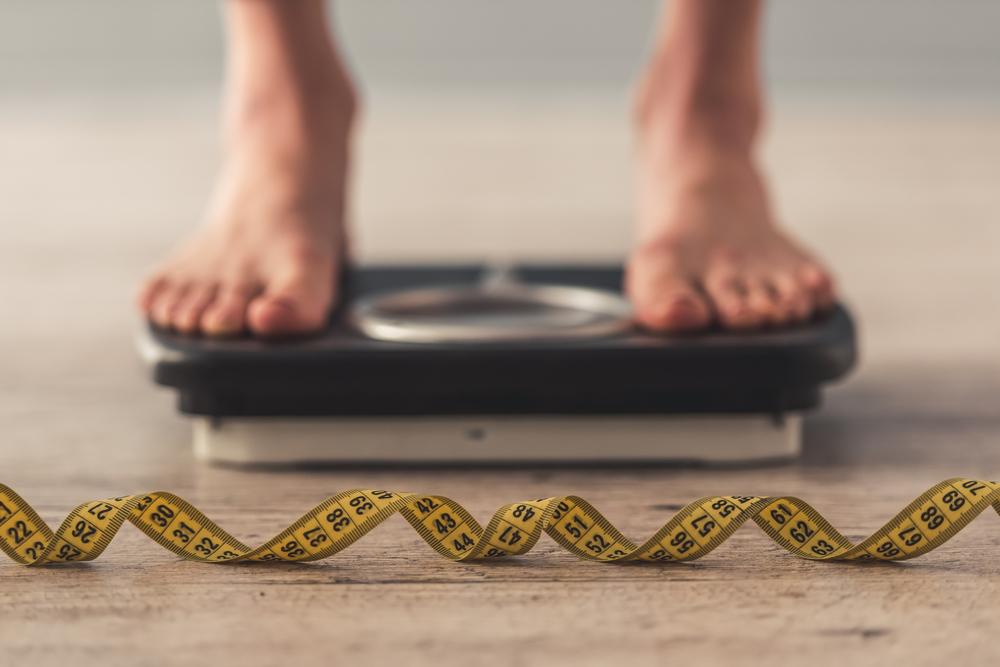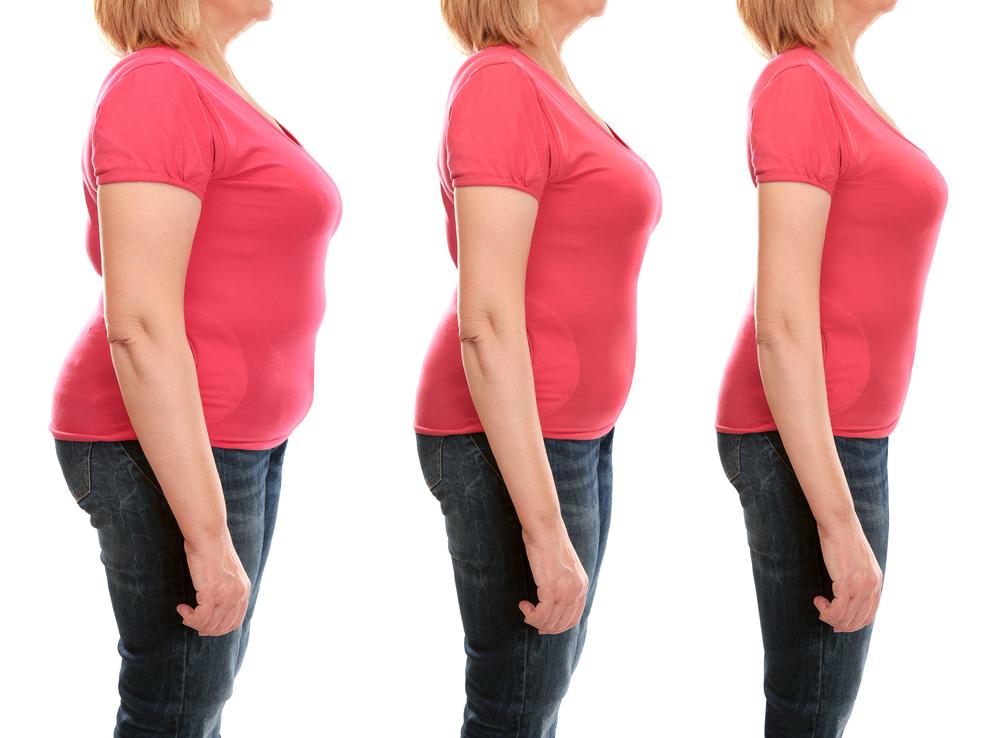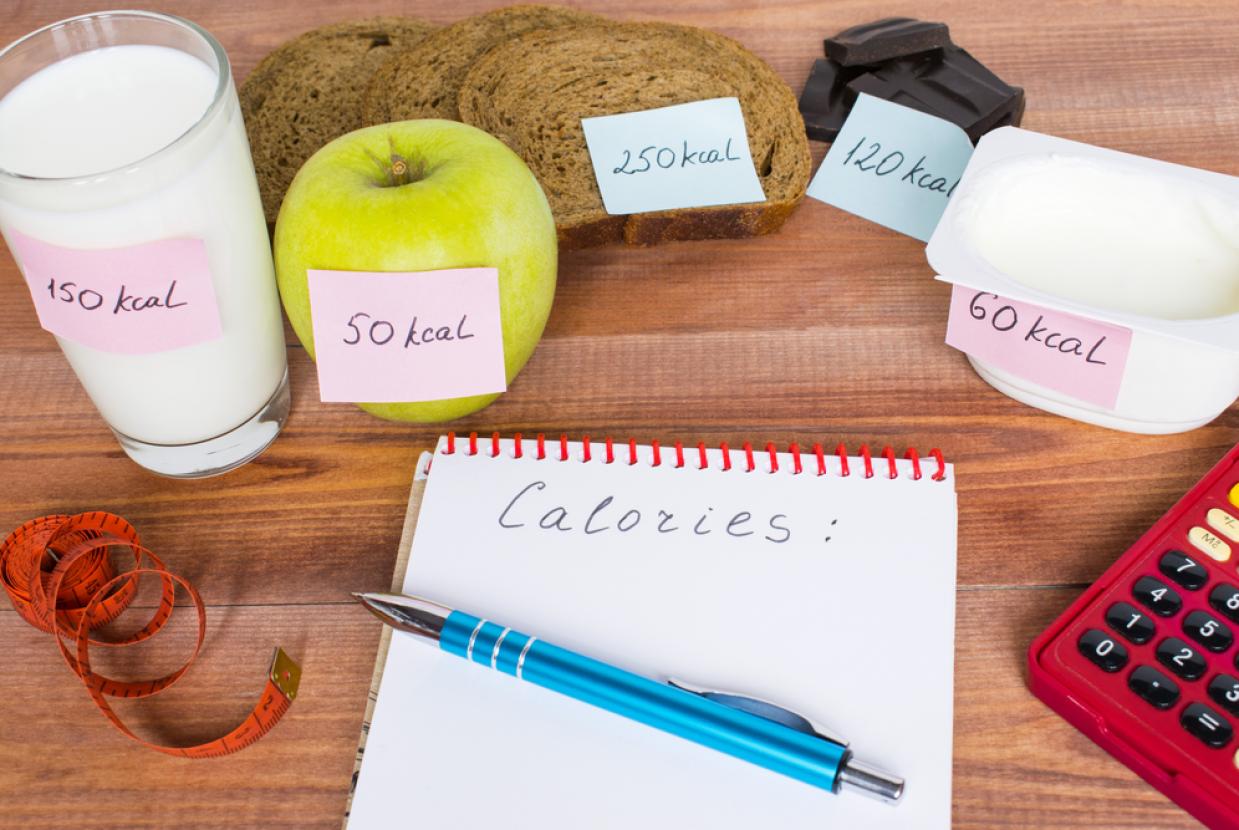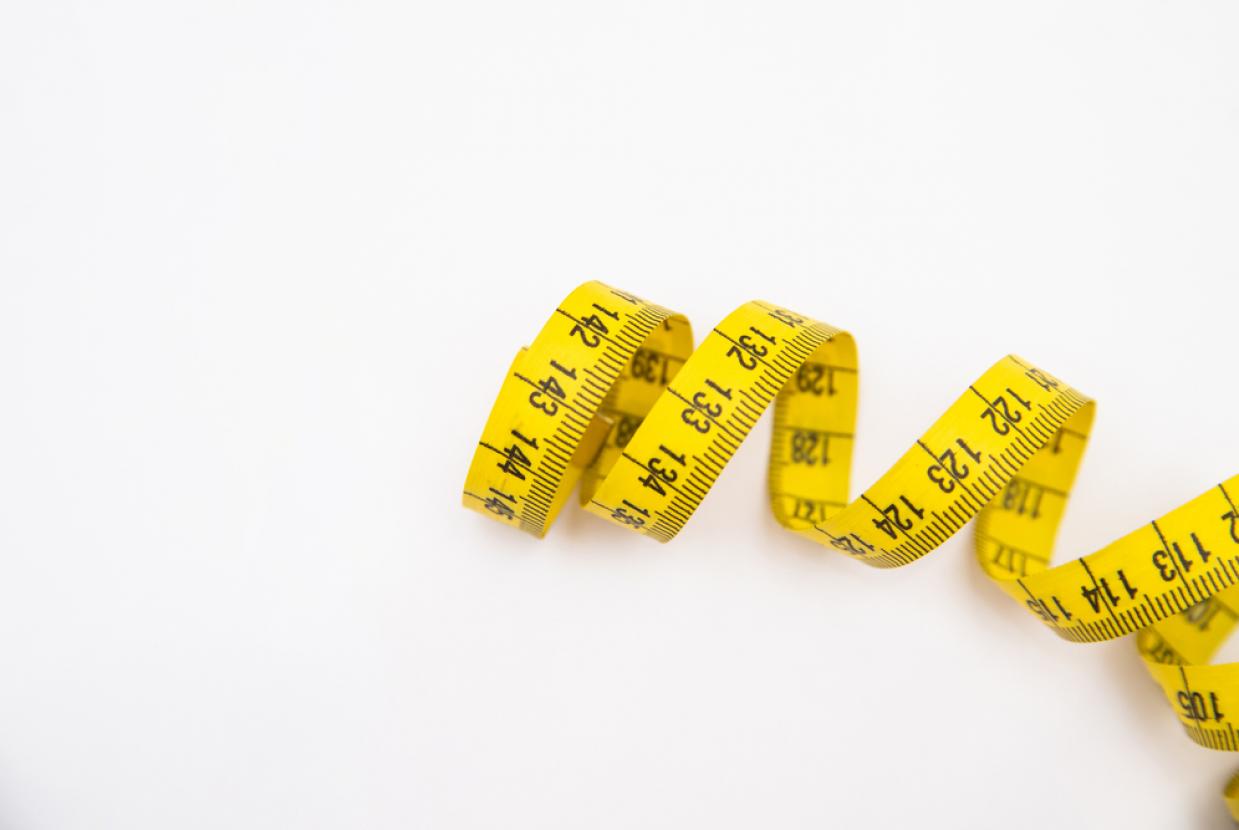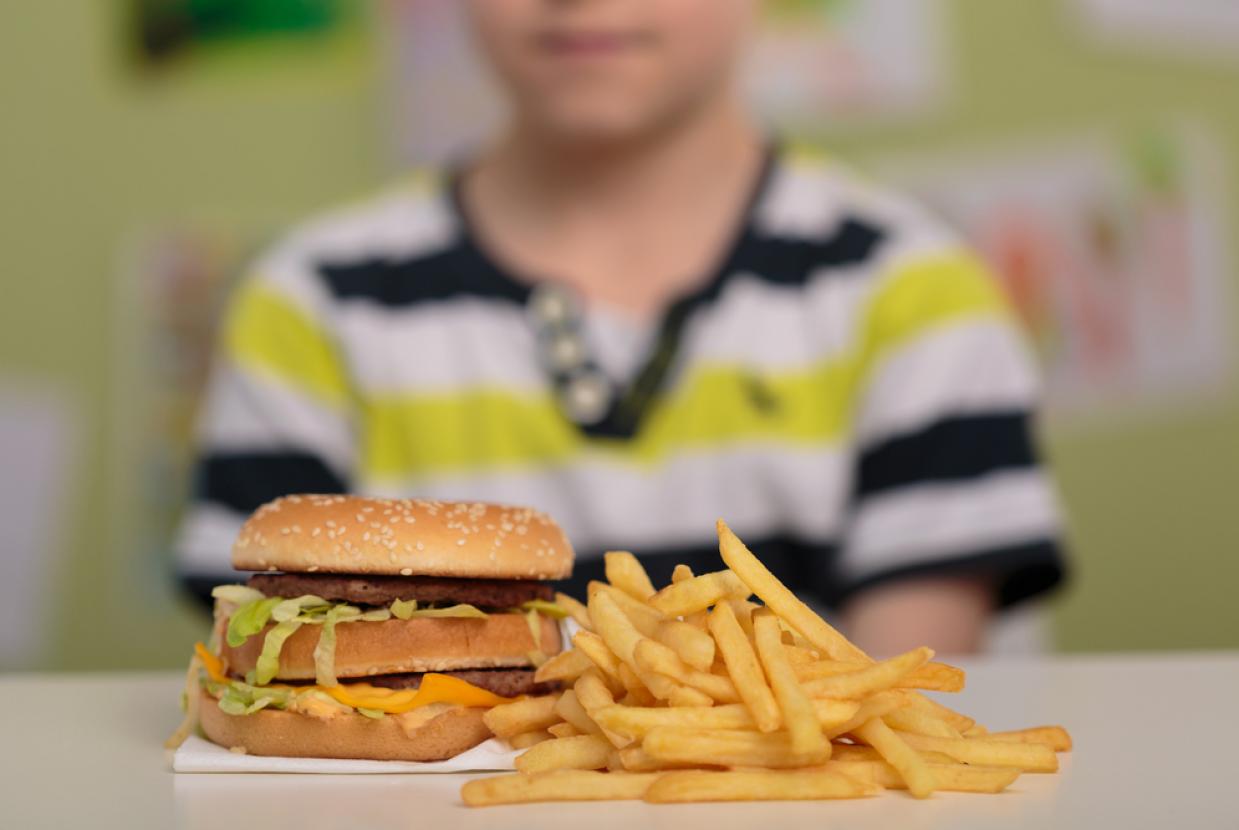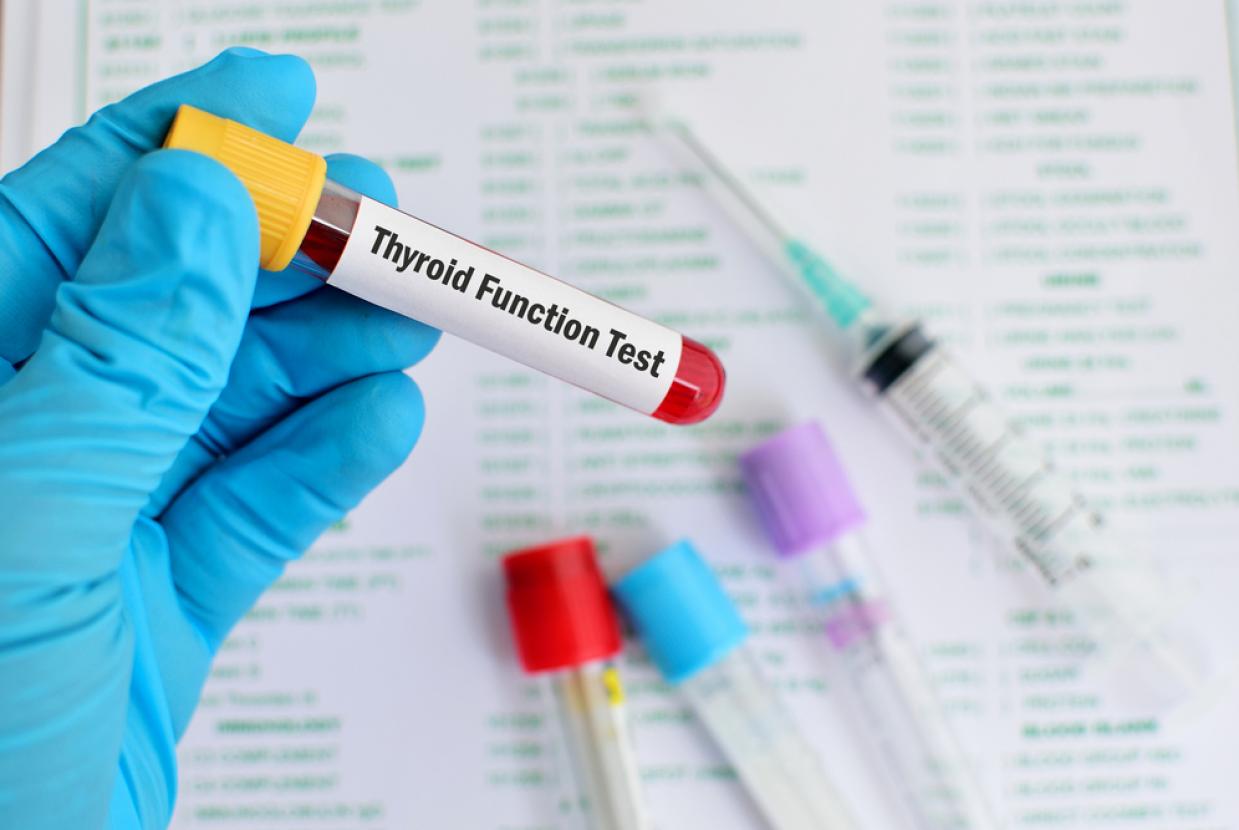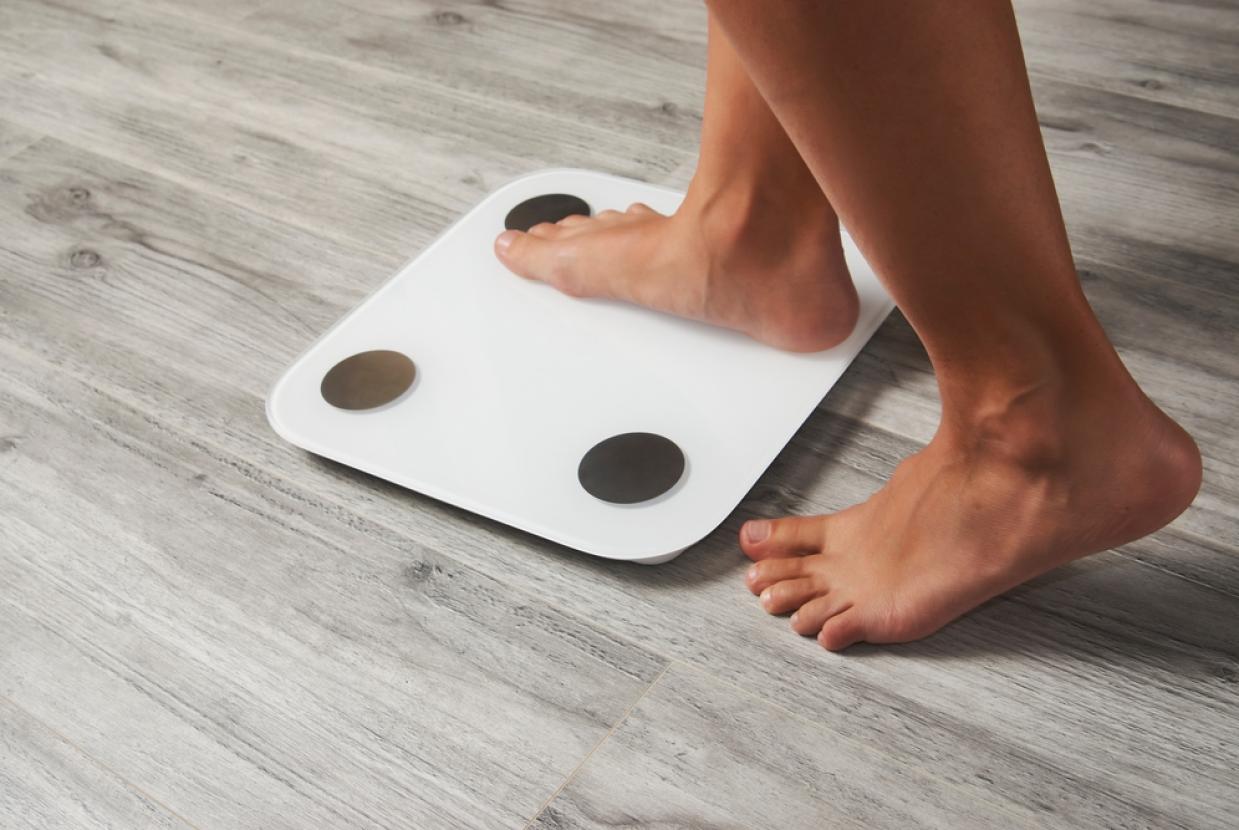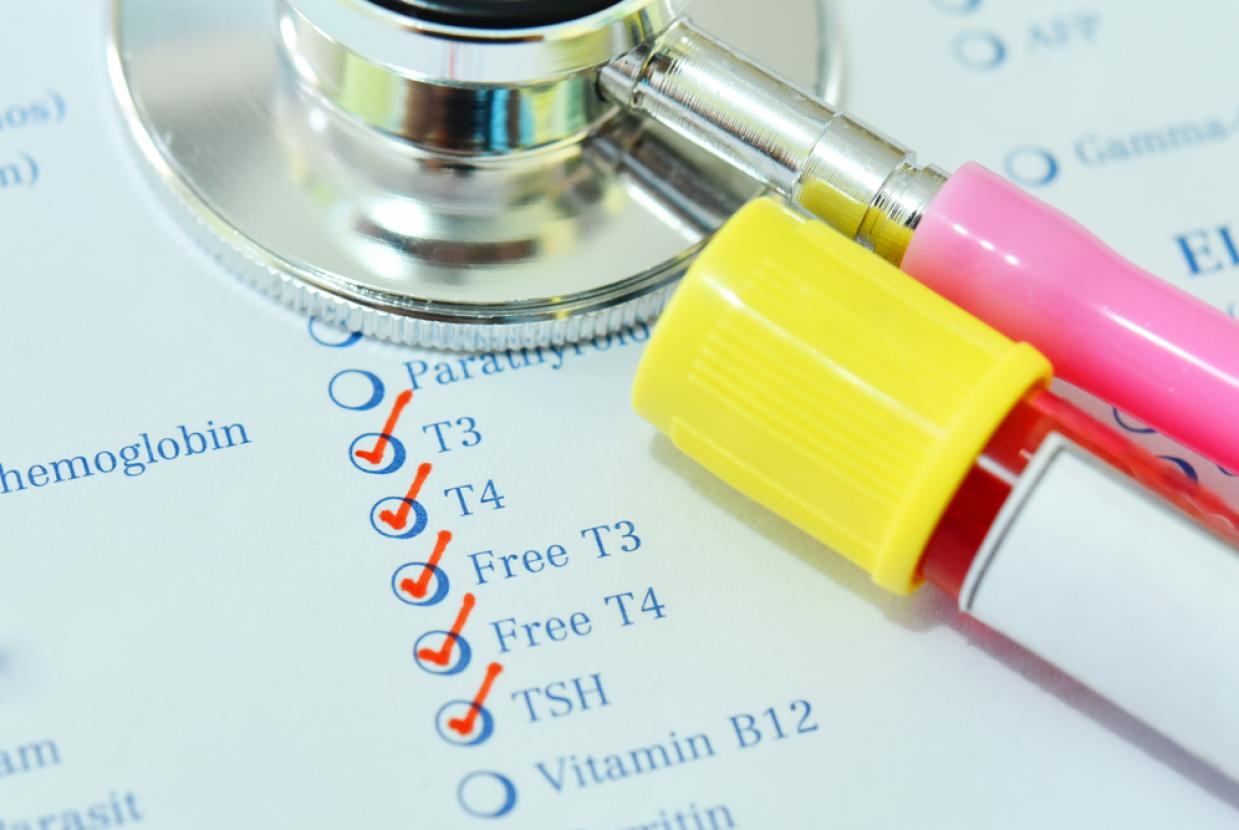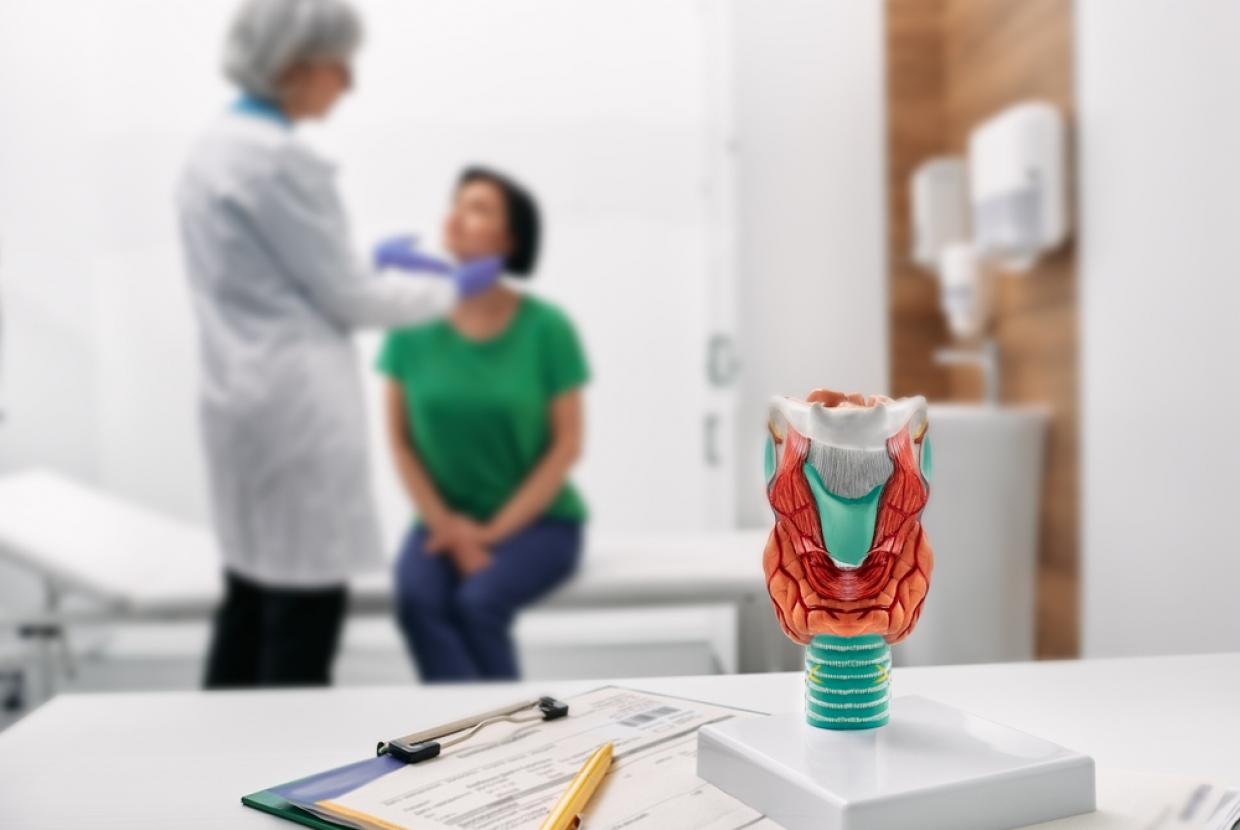Very Low Calorie Diets
A very low calorie diet is a clinically supervised diet plan that involves eating about 800 calories a day or fewer. They are sometimes considered for obese and severely obese people who are managing diabetes, going to have surgery or preparing for fertility treatment. The diet usually involves replacing normal food with low-calorie shakes, soups, bars, or porridge containing milk.
Very low calorie diets are for adults who are obese and severely obese, defined as having a BMI over 30 and 40, and need to quickly lose weight. They are not the first option to manage obesity and should not be routinely used.
Very low calorie diets should only be followed under medical supervision for a maximum of 12 weeks. Do not follow a very low calorie diet unless a GP has suggested it to you.
Very low calorie diets are hard to follow
Very low calorie diets are less likely to be nutritionally complete as they provide far fewer calories than needed to maintain a healthy weight. The recommended daily calories are 2,500 for men and 2,000 for women.
It is not an easy diet to follow. Side effects can include:
- feeling hungry
- feeling low on energy
- a dry mouth
- constipation or diarrhoea
- headaches
- dizziness
- cramps
- hair thinning
While very low calorie diets can lead to short term weight loss, it is likely that the weight will come back on after the diet ends. Very low calorie diets are not a long-term weight management strategy and should only be used as part of a wider plan.
Very low calorie diets are not suitable for most people
See a GP if you think a very low calorie diet may benefit you. Very low calorie diets are not suitable if you are:
- under 18
- pregnant
- breastfeeding
- have had an eating disorder
If a GP thinks a very low calorie diet might benefit you they should make sure:
- the diet is nutritionally complete
- the diet is followed for a maximum of 12 weeks (continuously or intermittently)
- you are given ongoing support after the diet
Very low calorie diets are the most restrictive form of dieting, severely reducing calorie intake, so medical supervision is important.


